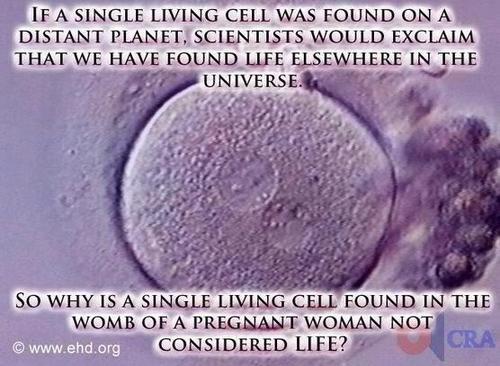In this article, I will discuss four challenges that Catholic doctors face in the world today:
1) The secular and Catholic divide that gives rise to two contrasting visions of bioethics: the secular vision based on utilitarianism and materialism, whereas the Catholic vision is based on natural law and human dignity; 2) This divide is most evident in beginning of life issues, on the moral status of the human embryo More…





 Last May, I was invited to give a talk on this topic at the
Last May, I was invited to give a talk on this topic at the  “This may sound odd, but according to the laws of nature concerning gravity and motion, laws that are among the oldest in science, space itself is a vast store of negative energy – enough to ensure that everything adds up to zero. I’ll admit that unless mathematics is your thing, this is hard to grasp, but it’s true.”
“This may sound odd, but according to the laws of nature concerning gravity and motion, laws that are among the oldest in science, space itself is a vast store of negative energy – enough to ensure that everything adds up to zero. I’ll admit that unless mathematics is your thing, this is hard to grasp, but it’s true.”